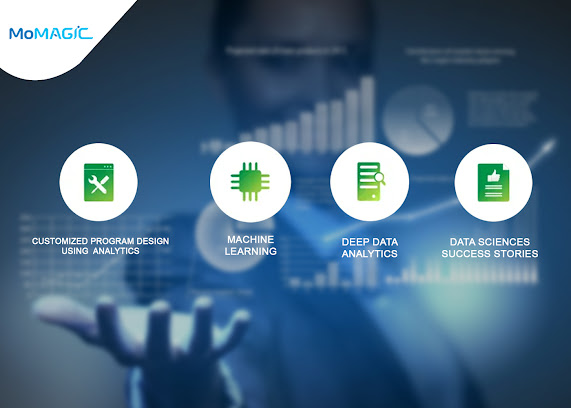The Internet of Things has been considered as one of the well-known terms in the digital world of transformation. Therefore, it has a great revolutionary impact upon the lives of the people as well as the business sectors. The concept of this IoT is based upon the factors of making everything easier, smarter, and therefore faster. IoT is the focal point of making everything possible regarding smartphones, intelligent home appliances along wearable fitness as well. There have been consistent sensors and devices in IoT in order to make the communication factor easy with the help of forming robust connectivity through the cloud. There has been a great impact of IoT upon B2B. Some of them include Innovative Business Operations, Effective Supply Chain, Better Marketing Approaches along with Enhanced Competition.
These are discussed below.● Innovative Business Operations:
IoT provides a platform for all B2B sales in
order to automatically detect the presence of the worker in order to make each
and every process more flexible as well as effective. The business
opportunities which have been backed up by the IoT practices are therefore
considered tremendous and overwhelming.
● Effective Supply Chain:
With the help of applying the IoT, businesses
have become able to embed different sensors in the manufacturing equipment
along with the electronic devices. The availability of real-time data has
been increased with the more connected devices.
● Better Marketing Approaches:
IoT has expanded the overseas marketing reach
by enabling the channel which has the permission of sharing the data without
any kind of interaction between the humans. Therefore, predictive analysis
has helped the B2B companies in order to understand the data-driven marketing approaches
in order to reach the target audience as well as the advertising media.
● Enhanced Competitions:
The amalgamation of the IoT with the B2B, therefore, opens up a great platform for many of the industries in the market.
IoT can easily improve the overall usage of the data as well as the connectivity
with the help of incorporating the intelligence in the process and therefore
develop a structure that can work actively.

